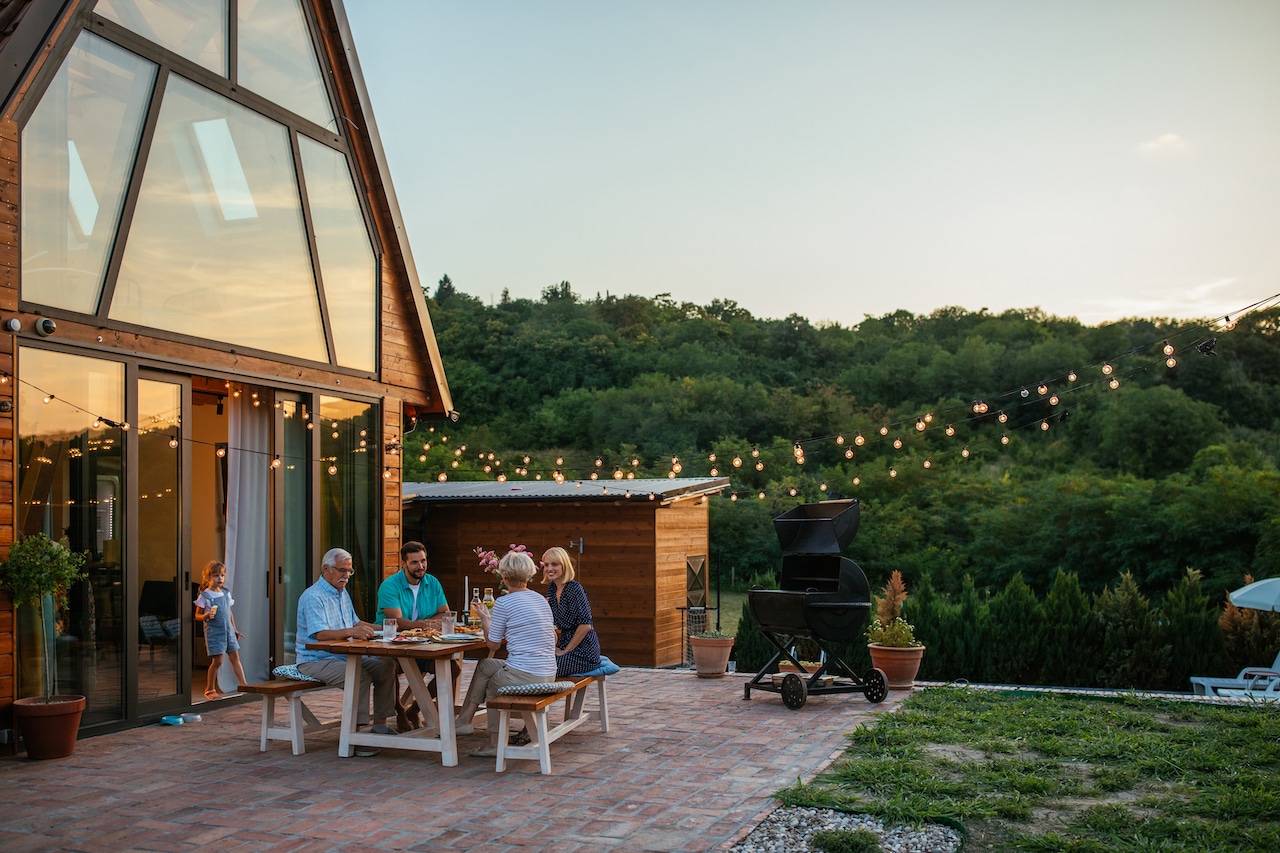Owning a second home is a dream for many people—a retreat by the coast, a cabin in the mountains, or a bustling rental property.
Just like your primary residence, your second abode is a significant investment worthy of protection. However, navigating the world of property insurance for second homes can be a complex task, and ensuring you have adequate coverage is crucial. Here’s what you need to know to safeguard your second home against the unexpected.
Do You Need Separate Insurance for Your Second Home?
One of the first questions that arises when insuring a second home is whether to obtain a separate policy or to extend coverage from your primary residence. In most cases, a separate policy for your second home is necessary (especially if there is a mortgage on it), as the risks and usage can differ vastly from your main residence, especially if the location is more prone to risks like fire or flooding.
Key coverage considerations for a second home often hinge on how the property is used. if you rent out the property, landlord insurance or vacation rental insurance is essential to protect you against possible liabilities. Rarely used vacation homes, meanwhile, require coverage for potential break-ins or accidents during vacancy, but you may be able to save in other areas.
A good insurance provider can help you determine the appropriate coverage for your specific situation, making sure your property has adequate protection without overpaying for coverage you don’t need.
Limitations You Might Encounter
Keep in mind that some insurers may have restrictions on second home insurance based on property location, use, and frequency of visitation. For example, there may be additional stipulations for insurance for a second home if you only live there for part of the year. Discuss these particulars with your insurance provider to ensure there are no gaps in coverage.
Renting and Its Impact on Second Home Insurance
Renting out your second home is a common practice, especially when the property sits unused for long periods. However, renting can have a significant impact on the type and cost of your insurance policy. It can increase the risk to your insurer; therefore, you might need different or additional coverage to protect yourself financially.
Additional Coverage Options for Your Second Home
Getting the right insurance for your second home goes beyond the standard structure and liability protection. Consider these supplemental insurances for comprehensive coverage:
- Personal Property Coverage: Personal property coverage ensures that your possessions are covered in the event of theft, fire, or other specified perils, whether you’re residing in the home or not.
- Personal Umbrella Insurance: An umbrella policy can provide additional liability protection, which is invaluable if you face a lawsuit due to an accident on your property.
- Flood Insurance: If your second home is in a flood-prone area, it’s a good idea to invest in flood insurance, which is often not included in standard policies.
Understanding Second Home Insurance Costs
Several factors play into the cost of insurance for your second property. These include the location, property characteristics, and the amount and type of coverage you choose.
- Location and Risk Factors: Homes in areas with high crime rates or prone to natural disasters will naturally carry higher premiums. The proximity to emergency services can also influence costs.
- Property Characteristics: The age, size, and construction of your home can affect insurance rates. Modern homes are often cheaper to insure due to updated safety features, whereas larger homes may require higher coverage limits.
Lowering Your Second Home Insurance Costs
If you’re looking to reduce your costs, here are some ways to save on insurance without sacrificing protection:
- Bundle Insurance Policies: Insuring multiple properties or vehicles with the same provider can often result in discounts on premiums. Stick with a single provider to take advantage of this option.
- Improve Security Measures: Adding security features such as smoke and carbon monoxide detectors, security systems, or deadbolt locks can often reduce insurance costs.
- Discounts: Ask your insurer about available discounts. You may be able to secure lower rates by remaining claim-free, paying your premium in full upfront, or being a member of certain organizations.
The Importance of Regular Reviews
Regular policy reviews are a key aspect of maintaining adequate insurance for your second home. Your insurance needs can change over time, and your policy should reflect those changes. By periodically consulting with your insurance provider, you can take advantage of new discounts, reassess the value of your property, and stay ahead of potential gaps that could leave you vulnerable.
Protect Your Second Home with Bethany Insurance
Ensure your second home is protected with the right insurance coverage, tailored to your usage and needs. At Bethany Insurance, we understand the unique concerns that come with owning a second property and are committed to providing you with peace of mind. Get in touch with us today to discuss securing your second home with comprehensive insurance that you can trust.

